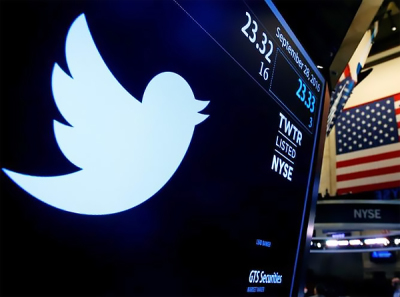'Twitter Files': 5 findings on Trump ban, Michelle Obama and gov't influence

3. Twitter took action against accounts that questioned Trump's censorship.
As Shellenberger explained, "Employees [struggled] with whether to punish users who share screenshots of Trump's deleted J6 tweets." Twitter appeared to respond differently to such users based on how the individual viewed the content of the tweets and Twitter's deletion of them.
One tweet directed a profane message at the former president, noting that Twitter classified it as "inciting violence." One Twitter employee whose name was redacted suggested that "we should bounce these tweets with a strike given the screen shot violates the policy," another pushed back on that idea because "they are commenting and criticising Trump."
"I don't even like the man, but I'm not going to put up with Twitter deleting actions they don't like," read another tweet posted by a different user. When one unidentified employee asked how to address the tweet, which it referred to as "neutral / sharing opinion," a discussion ensued about whether or not to engage in "tweet delete only" as opposed to what Shellenberger called a "punishing strike" that could eventually lead to an account's deletion.
Twitter staffers participating in the discussion eventually settled on "delete-only" as the remedy when "the content is not shared with abusive intent." This implies that Twitter would delete the tweet from anyone who shared a screenshot of one of Trump's Jan. 6 tweets and issue a statement supporting the message and/or the president in addition to levying a "punishing strike" against them.
Ryan Foley is a reporter for The Christian Post. He can be reached at: ryan.foley@christianpost.com




























